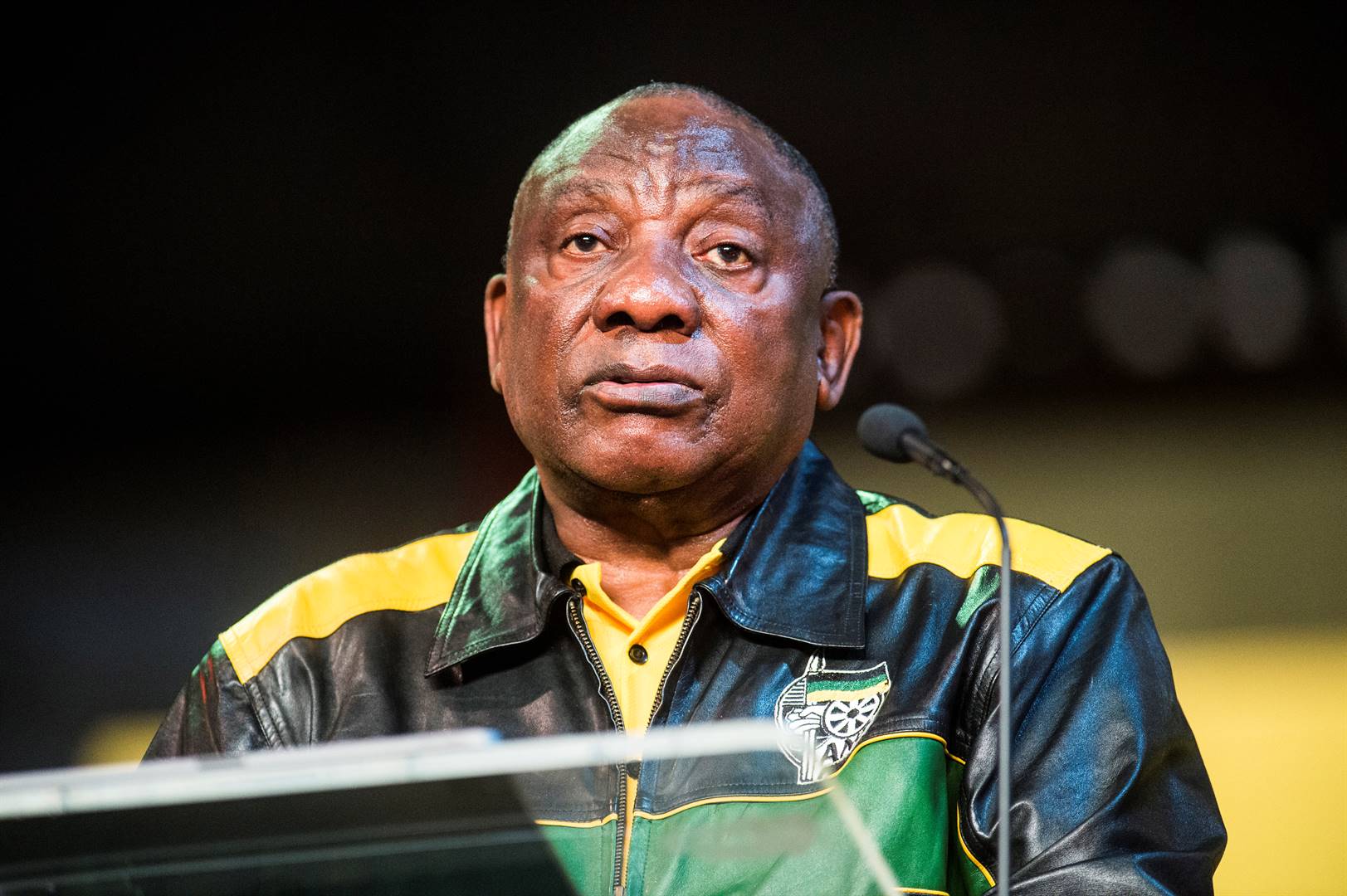Harare man can’t explain how US$300k landed into his account

Bank froze account after recipient failed to identify the depositer
A Harare man has had some US$300,000 frozen in a local bank after he failed reportedly failed to explain how and why he money came to be in his account, it has emerged
The High Court recently heard that the money was deposited into Meshack Mudyariwa’s NMB account in March last year.
NMB then froze the account in line with the law after realising that it could have been laundered.
The matter has since been reported to the Financial Intelligence Unit of the Reserve Bank of Zimbabwe and the police who are understood to be carrying out investigations.

Mudyariwa has to date failed to explain the source of the funds, and tried without success to get the money through the courts.
High Court judge, Justice Jacob Manzunzu, last week ruled the money should remain frozen because Mudyariwa did not account for it.
“It will be self-defeating for the respondent, while making efforts to comply with the law, to take no action to freeze the account. What that would practically mean is that the applicant would withdraw all the money, irrespective of the outcome of the investigations,” said the judge.

“The matter has been reported to the Intelligence Unit and the police and is said to be under investigation. It will be inappropriate at this stage to order respondent to unfreeze the account.
“In any event, while the applicant has shown a clear right over the account, and the possible injury he will suffer, he has not shown absence of an alternative remedy. An alternative remedy lay with the applicant for the review of the decision taken by the respondent.
“Such a remedy gives him similar protection. In any event, had the applicant assisted with the identity of the originator of funds as required by the Act, that will stand as an alternative remedy.”
Mudyariwa had approached the High Court, challenging the decision by NMB Bank Limited to freeze his account in line with the provisions of the Money Laundering and Proceeds of Crime (Chapter 9:24), which aims to suppress the abuse of the financial system.
The Act also enables unlawful proceeds of all serious crime and terrorist acts to be identified, frozen, seized and eventually confiscated.
Mudyariwa said that the money was from a loan acquired with two unidentified South African companies.
In his application Mudyariwa insisted that NMB Bank was holding his money for no reason.
He said the money was legitimate.
However, the identity of the originator of funds was kept under lock and key.
The director of the two South African companies, one Gwekwerere, allegedly refused to reveal the identity of the originator of funds, giving reasons that the funders were acting contrary to their domestic law, which prohibits such funding in Zimbabwe being a country under sanctions.

However, the judge said it was mandatory for the bank to have information about the originator of the funds.
“I think the suspicion was reasonable, especially in this era of rampant corruption,” he said, before ordering that Mudyariwa’s account remain frozen as investigations continue.






